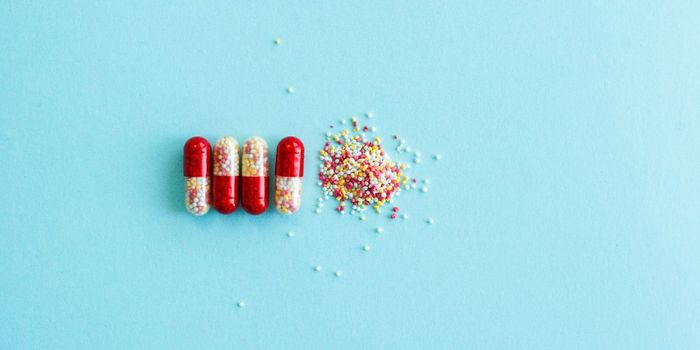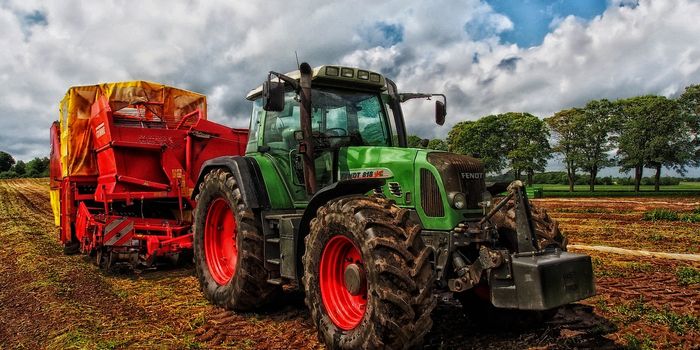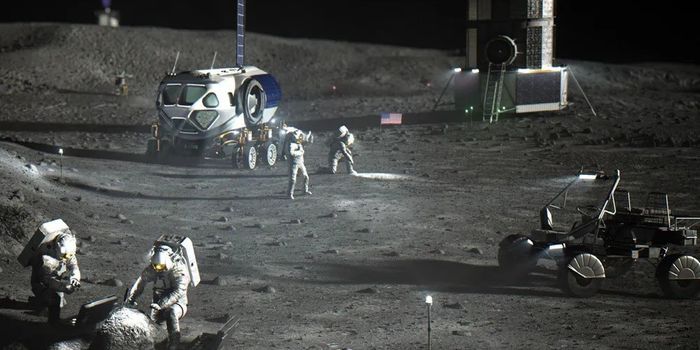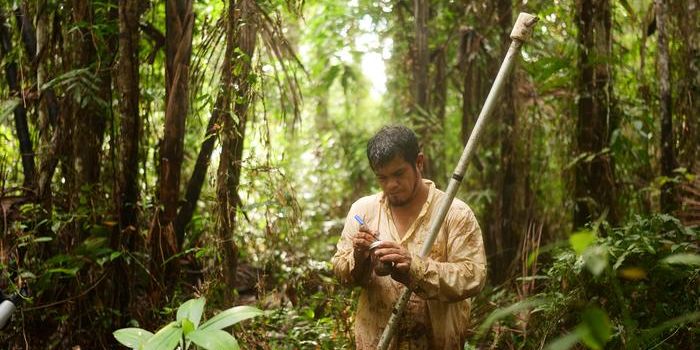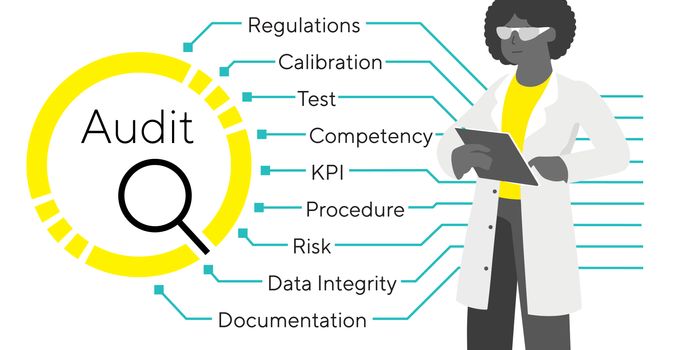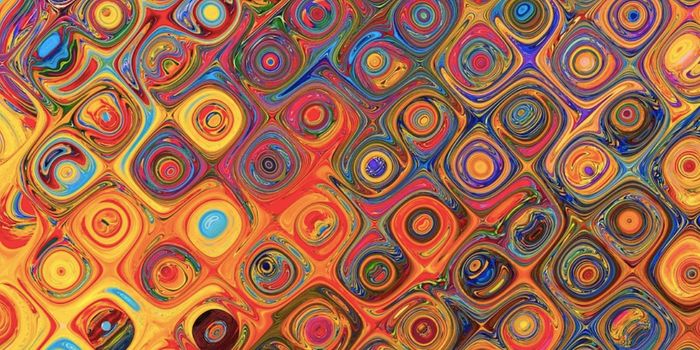The secret to perfect coffee isn't just what tool you use to brew it
A team of researchers at the University of Oregon recently published a study revealing how to grind beans in a way that is more efficient and that produces a more balanced coffee. Espresso, specifically. The team’s work is published in a recent article in Matter.
Getting that perfect cup of coffee can be the perfect start to a day. Many likely have their own preferences when it comes to style of brewing method and even flavor of coffee. But when it comes to actually grinding your beans, would you guess that its electricity produced during the grinding process that actually effects the final grind of your beans?
Many in the coffee industry are aware that the act of grinding beans produces static electricity, which can affect the quality of the final ground bean, such as causing more clumping to occur and even causes ground beans to stick in a grinder, which can lead to wasted coffee.
The answer, researchers found, was moisture. Researchers (working with volcanologists who study similar processes with electricity in volcanic activity) tested various beans roasted in commercial and in-house settings, and examined how different aspects of a coffee affect the production of static electricity, such as point of origin, roast, and how beans were processed.
Generally speaking, researchers found that point of origin of the beans nor how the beans were processed had any affect on the production of static electricity during grinding. However, researchers did notice an association between the production of static electricity in three key factors: moisture level, type of roast, and particle size. Specifically, coffee beans with a higher internal moisture level produced less static electricity, and therefore less clumping and sticking. This was more likely in lighter coffee roasts, which have a higher internal moisture level.
To explore this further, researchers tried grinding beans with water and seeing how it affects the brewing of espresso. When grinding the same beans in the same way (plus or minus the addition of water), researchers found that coffee ground with water produced a stronger brew.
The team noted that certain methods of brewing coffee may benefit from this water-bean-grinding approach, including other formats where you pour water over the beans rather than submerging the beans in water, like a French press method.
Sources: Science Daily; Matter

